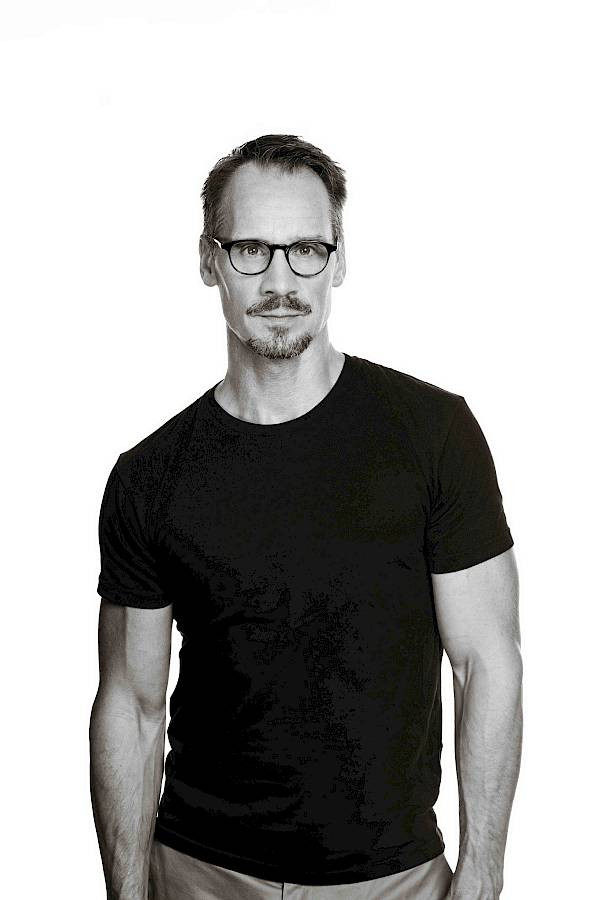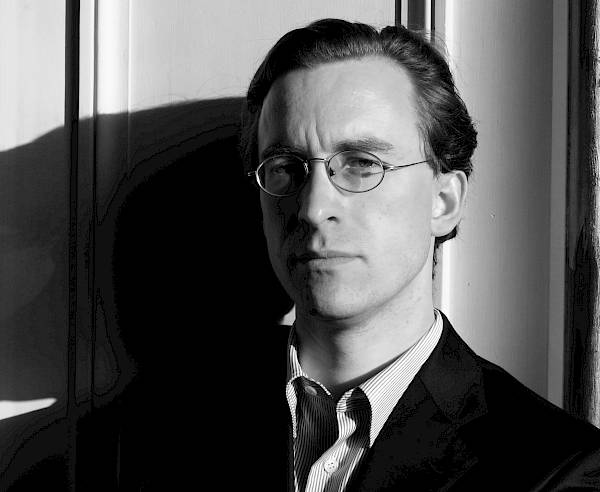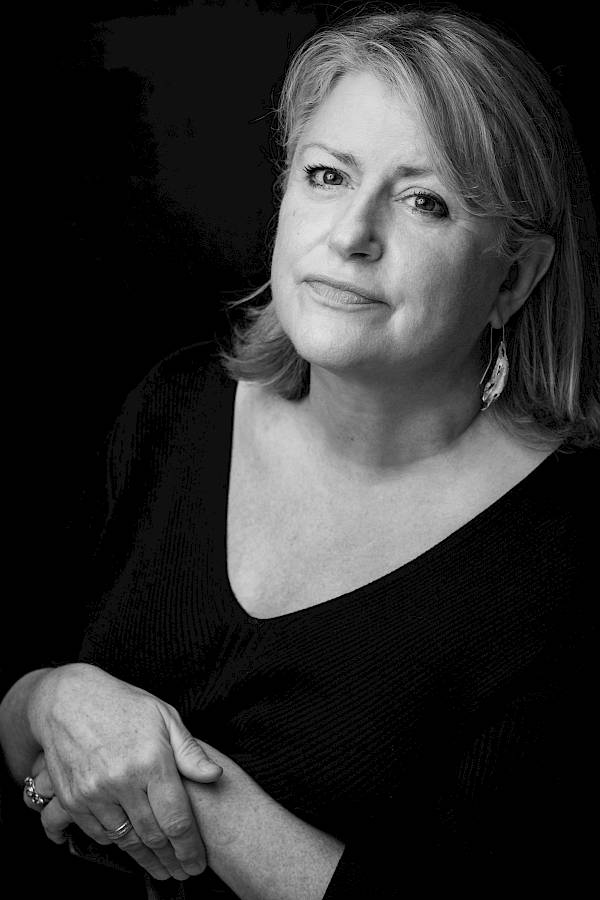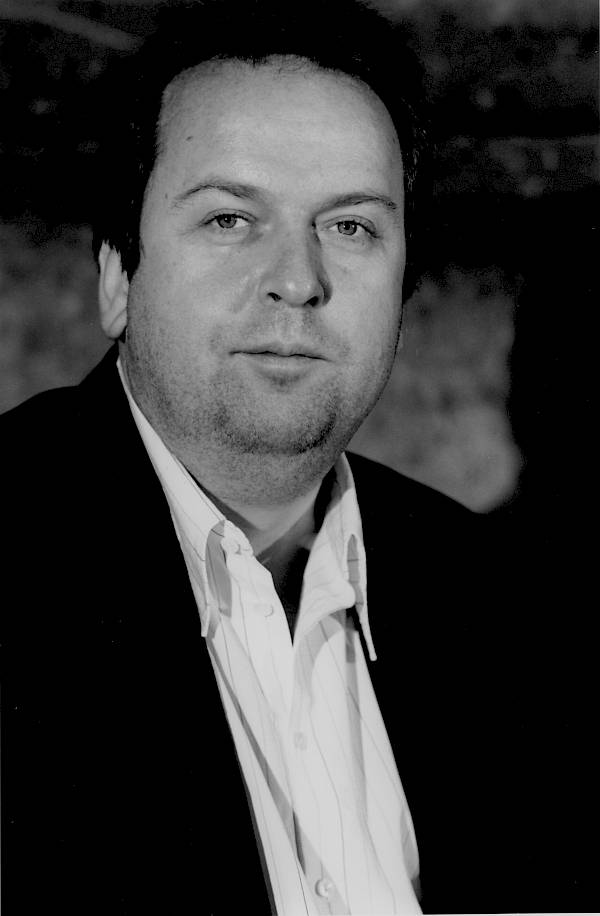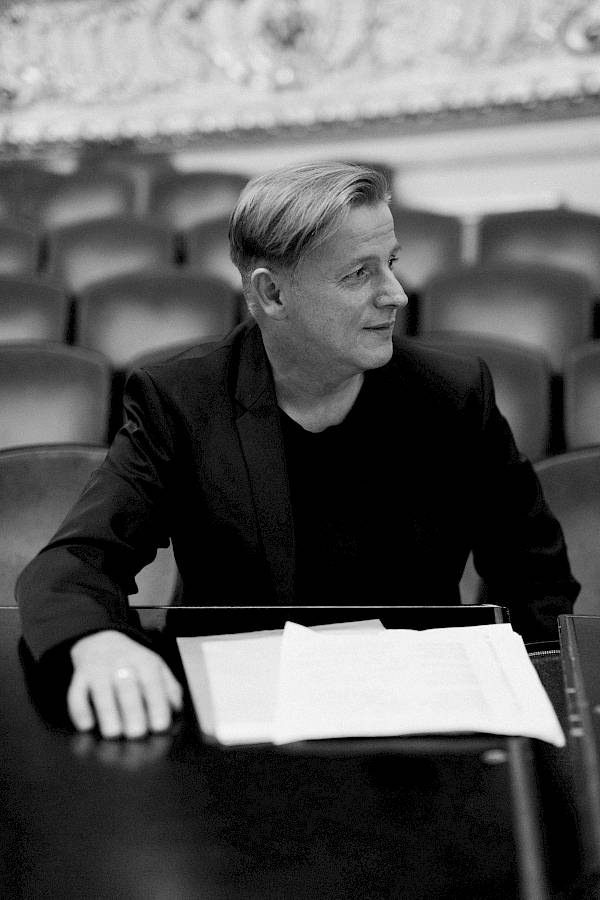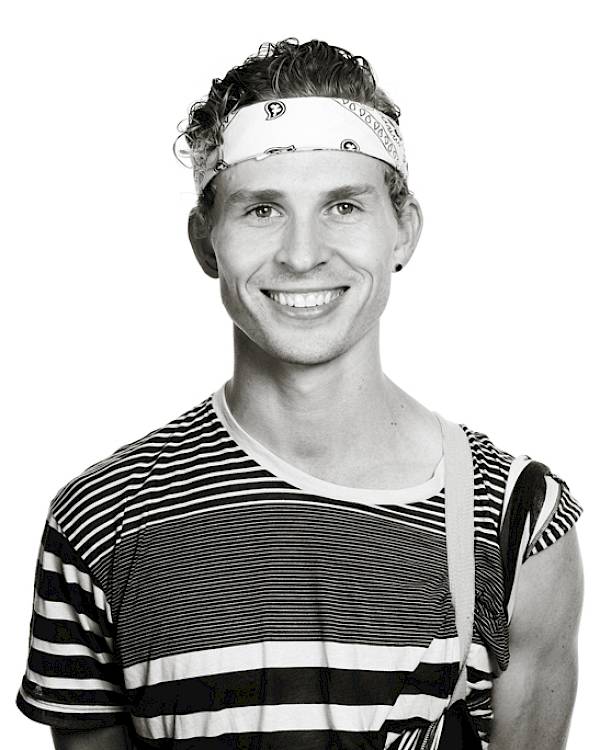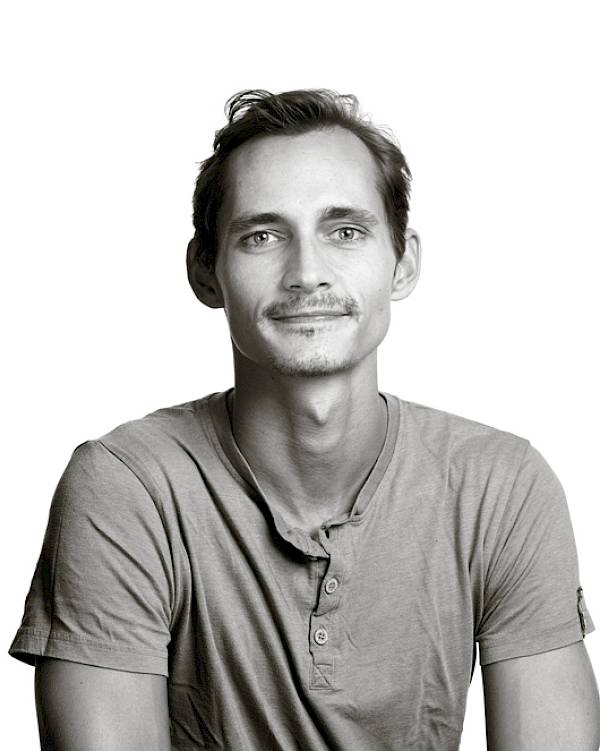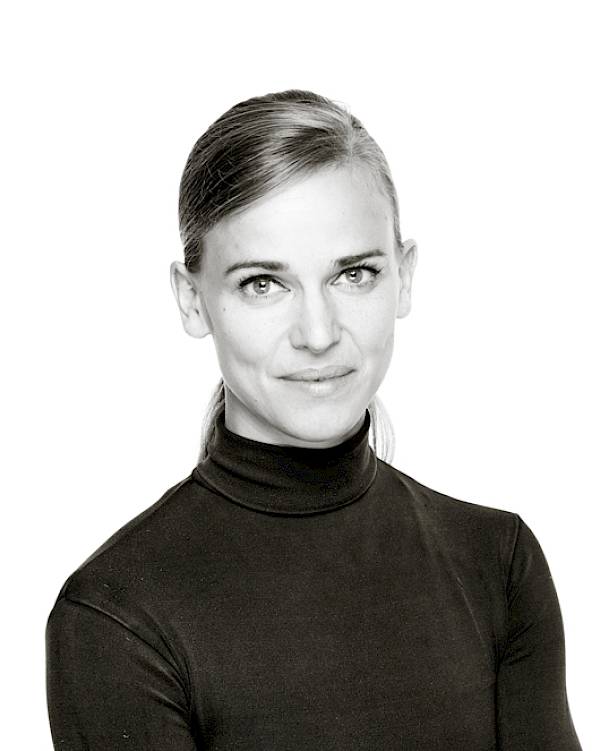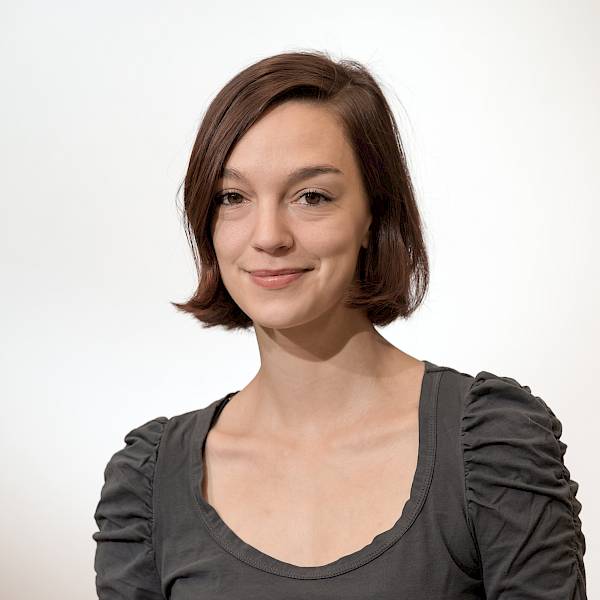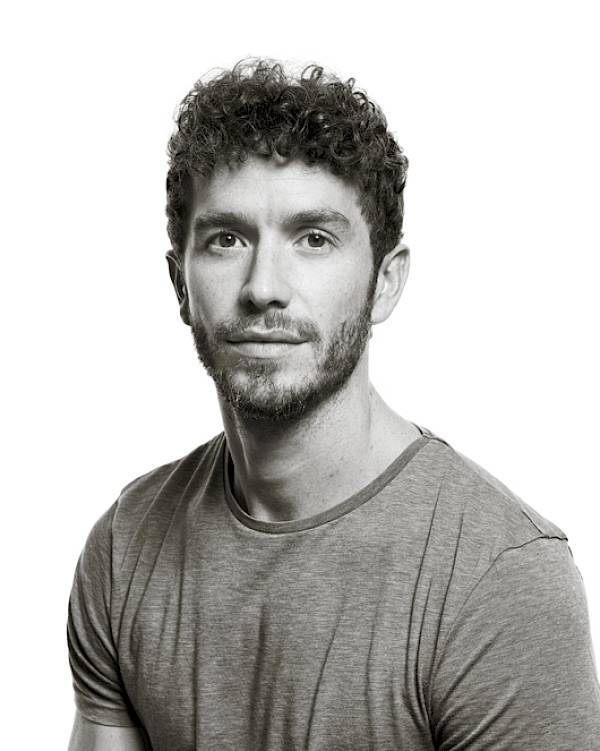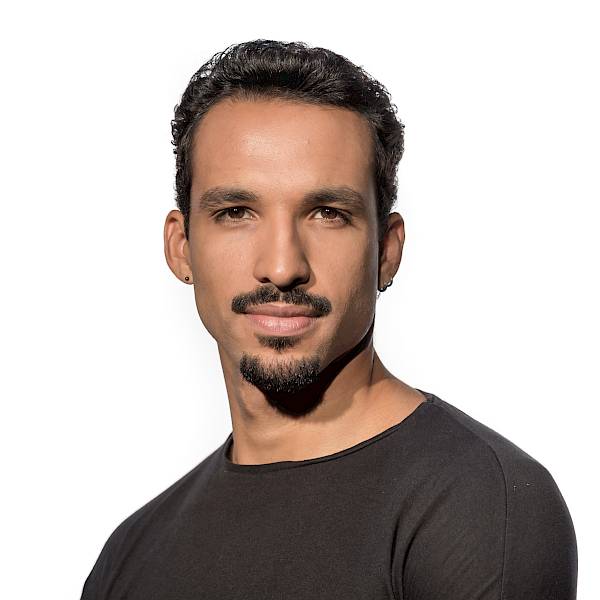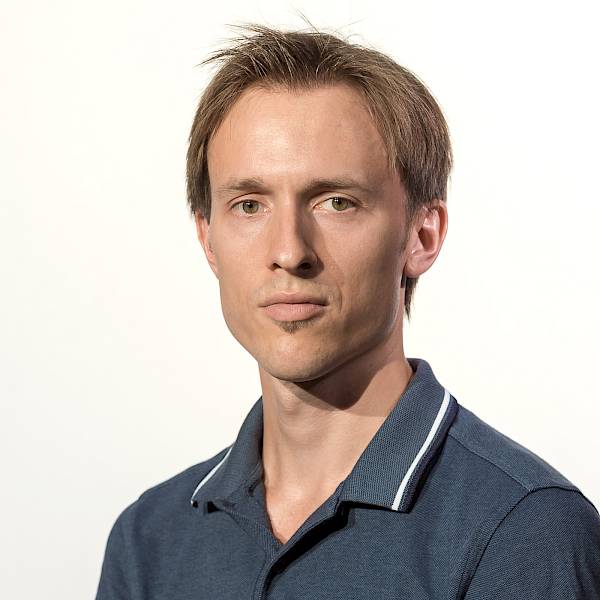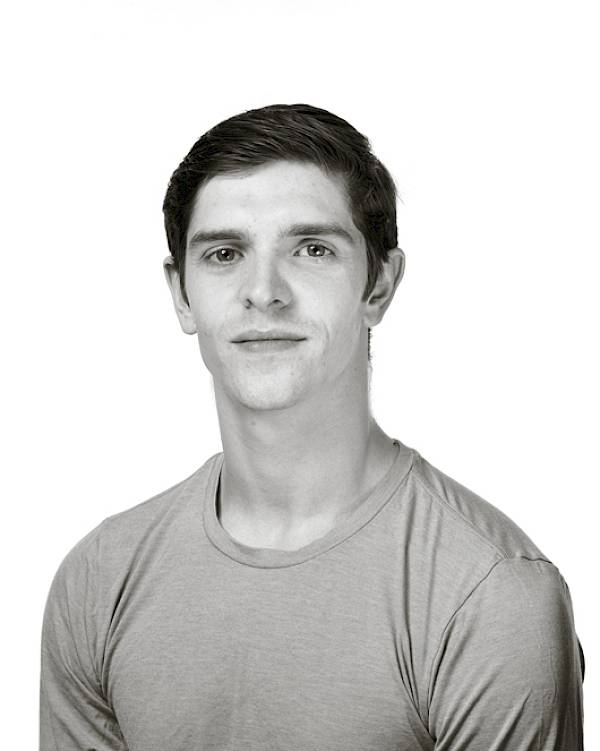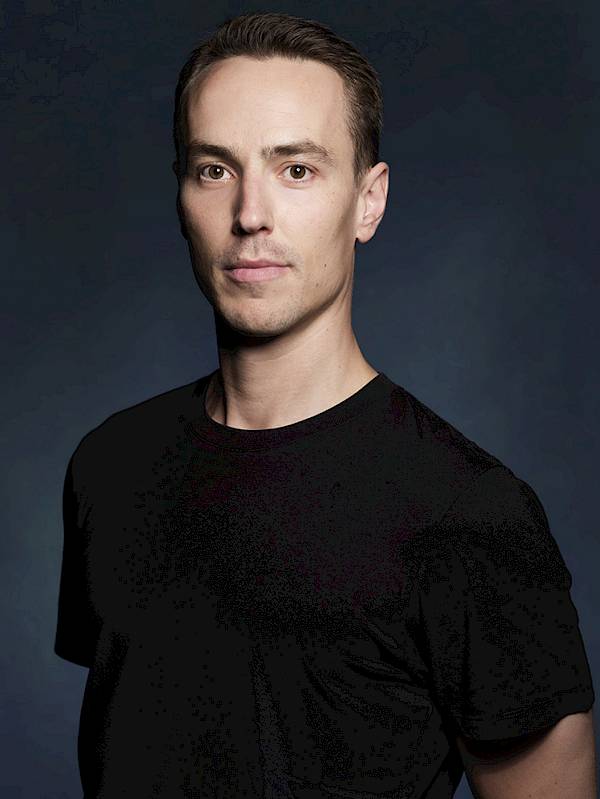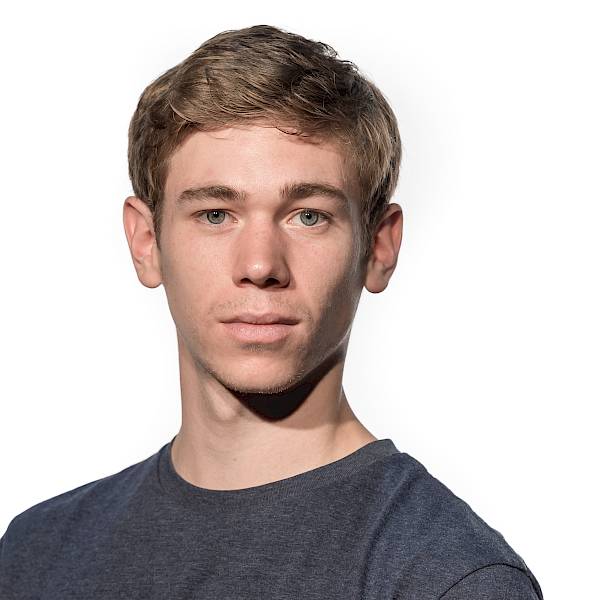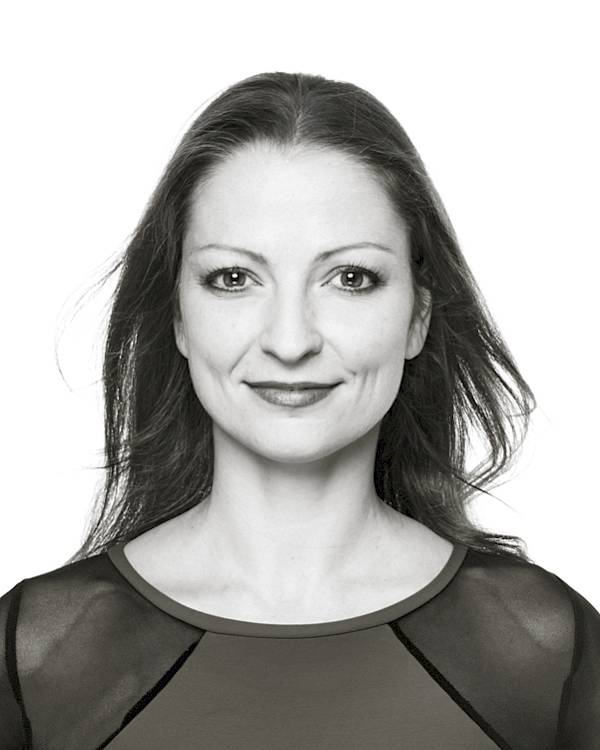Christian Spuck is from Marburg and was trained at the John Cranko School in Stuttgart. He began his dance career with Jan Lauwers’ Needcompany and Anne Teresa de Keersmaeker’s ensemble "Rosas". In 1995 he joined the Stuttgart Ballet and served as the company’s resident choreographer from 2001 to 2012. In Stuttgart, he created fifteen world premieres, including the narrative ballets "Lulu. Eine Monstretragödie" after Frank Wedekind, "Der Sandmann", and "Das Fräulein von S." after E.T.A. Hoffmann. In addition, Christian Spuck has worked with numerous prominent ballet companies across Europe and the USA. For the Royal Ballet of Flanders, he created "The Return of Ulysses" in 2006, and at the Norwegian National Ballet in Oslo, "Woyzeck" after Georg Büchner was premiered. His ballet "Die Kinder" at Aalto Ballett Essen was nominated for the Prix Benois de la Danse; the ballet "Leonce und Lena", also premiered in Essen and based on Georg Büchner, was taken up by the Grands Ballets Canadiens de Montréal, Charlotte Ballet, USA, the Czech National Ballet in Prague, and the Stuttgart Ballet. The premiere of "Poppea//Poppea" for Gauthier Dance at Theaterhaus Stuttgart in 2010 was selected by Dance Europe magazine as one of the ten most successful dance productions worldwide and was awarded the German theater prize Der Faust 2011 as well as the Italian "Danza/Danza Award." Christian Spuck has also directed operas: following Gluck’s "Orphée et Euridice" at the Stuttgart State Opera, he staged Verdi’s "Falstaff" at the Staatstheater Wiesbaden, as well as Berlioz’ "La damnation de Faust" and Wagner’s "The Flying Dutchman" at the Deutsche Oper Berlin. From 2012 to 2023, Christian Spuck was director of the Zürich Ballet. There he created choreographies for "Romeo and Juliet", "Leonce und Lena", "Woyzeck", "Der Sandmann", "Messa da Requiem", "The Nutcracker and the Mouse King", "Sleeping Beauty", and "Monteverdi". The ballet "Anna Karenina", premiered in Zurich in 2014 and based on Leo Tolstoy, was added to the repertoire in Oslo, at the Moscow Stanislavski Theatre, by the Korean National Ballet, and the Bavarian State Ballet. In 2018, Spuck’s ballet "Winterreise" premiered in Zurich, earning him the Prix Benois de la Danse in 2019. In 2019, the Zürich Ballet staged Helmut Lachenmann’s "Mädchen mit den Schwefelhölzern", recognized as "Production of the Year" and "Company of the Year" by tanz magazine. For the Moscow Bolshoi Theatre, he created the ballet "Orlando" after Virginia Woolf in 2021. His "Messa da Requiem" was not only invited to the Adelaide Festival in Australia but also adopted by Het Nationale Oper & Ballet Amsterdam and the Finnish National Ballet. Since the beginning of the 2023/24 season, Christian Spuck has been the artistic director of the Staatsballett Berlin.


